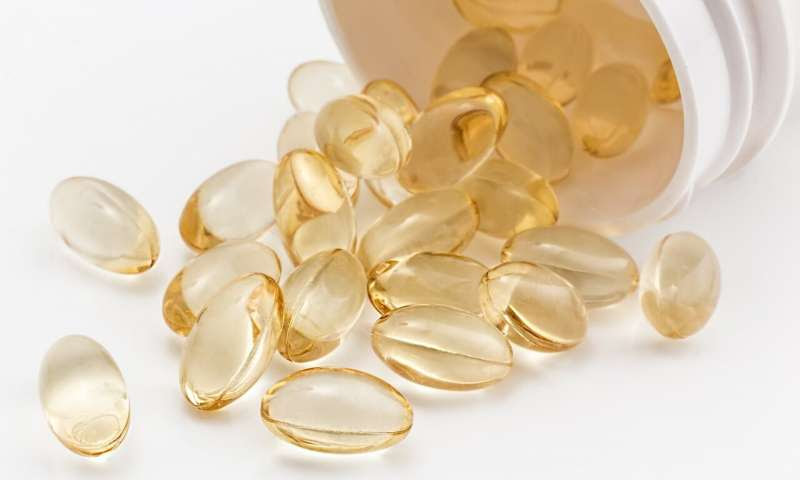by From Mayo Clinic News Network
Herbal supplements are natural, so they must be safe, right? Not necessarily.

Herbal supplements can have strong effects in the body. Some can interact with prescription medications used to treat heart and circulatory problems, such as high blood pressure and heart failure. Some of these interactions can even be dangerous.
Herbal Supplements And Prescription Medications
About one-half of adults in the United States report having used at least one dietary supplement in the previous month. But research suggests that only about 34% of people taking an herbal supplement tell their health care providers about this use—and most of those people also are taking a prescription medication.
Yet many herbal supplements may interact with medications for cardiovascular disease. For example, several popular herbal supplements interact with the blood thinner warfarin (Coumadin, Jantoven).
Here are just a few of the herbal supplements that can affect warfarin:
- Danshen
- Licorice
- St. John’s wort
- There are several others. That’s why it’s so important to talk with your health care provider before taking herbal supplements if you take prescription medications. Your health care provider and pharmacist can help you avoid risky interactions.
Playing It Safe With Herbal Supplements
If your health care provider tells you it’s OK to use an herbal supplement combined with a medication, make sure you follow dosing instructions carefully. Watch for any unusual signs or symptoms that you could be having a drug interaction, such as:
- Rapid heartbeat
- Changes in blood pressure
- St. John’s wort
- Herbal supplements and drug interactions
- Several popular herbal supplements interact with common heart medications. The list below only covers some interactions. It’s important to talk to your health care provider before taking any herbal supplements if you take prescription medications.
Taking coenzyme Q-10 can decrease:
The effectiveness of warfarin
Your blood pressure if you also take a calcium channel blocker, such as diltiazem (Cardizem, Dilacor XR, others)
Danshen can interact strongly with certain heart medications, including:
- Anticoagulants. Taking danshen significantly increases your risk of bleeding if you also take warfarin or another anticoagulant, such as clopidogrel (Plavix) or aspirin.
- Calcium channel blockers. Taking danshen increases your risk of low blood pressure if you also take diltiazem or another calcium channel blocker.
- Digoxin (Lanoxin). Taking danshen increases the effects of digoxin—which is used to treat a variety of heart conditions—and puts you at risk of irregular heartbeat (arrhythmia).
- Evening primrose may increase your risk of bleeding if you also take an anticoagulant, such as:
- Aspirin
- Clopidogrel
- Warfarin

Leave a Reply